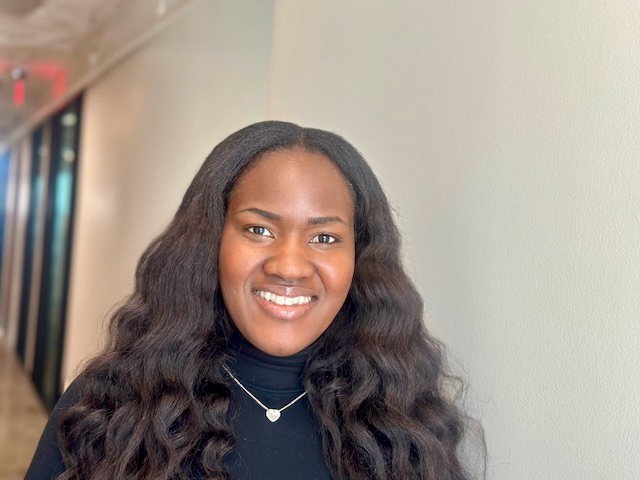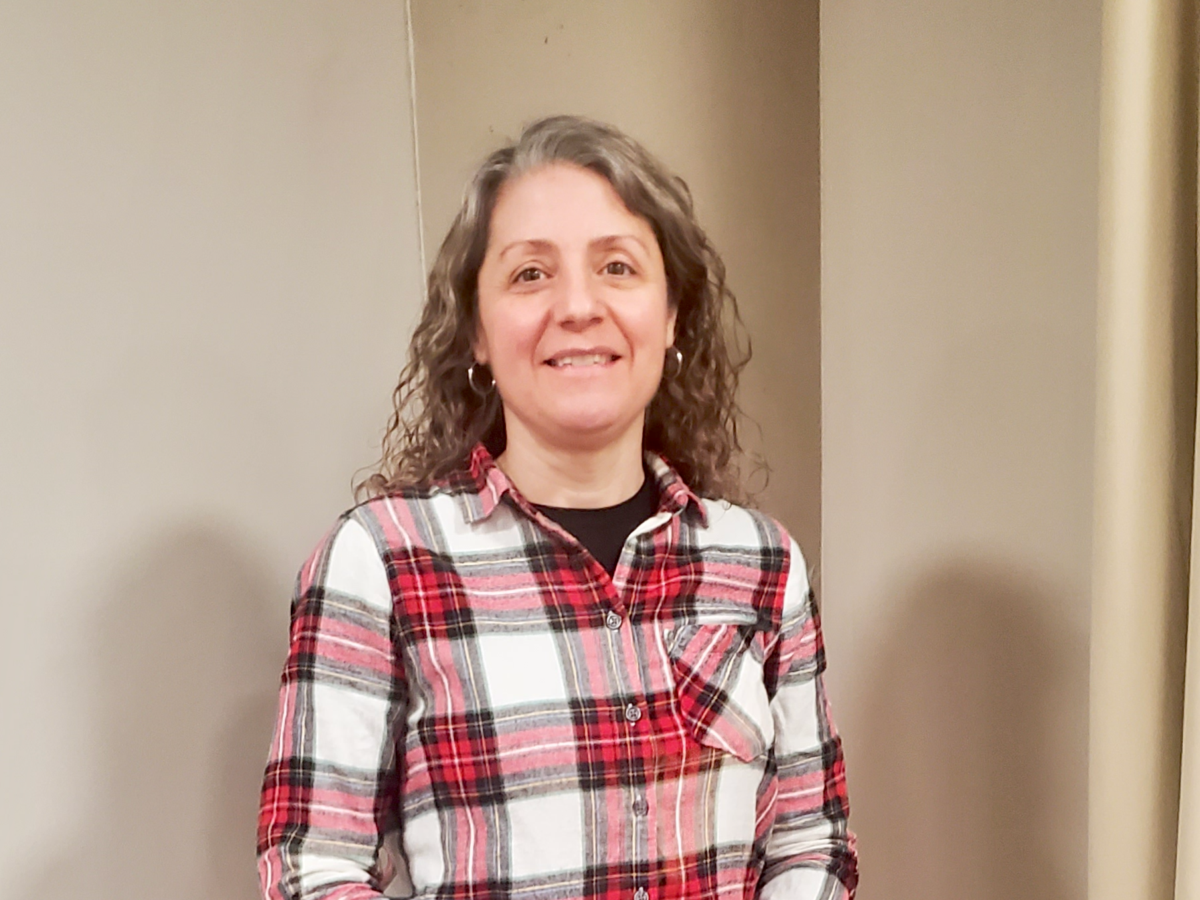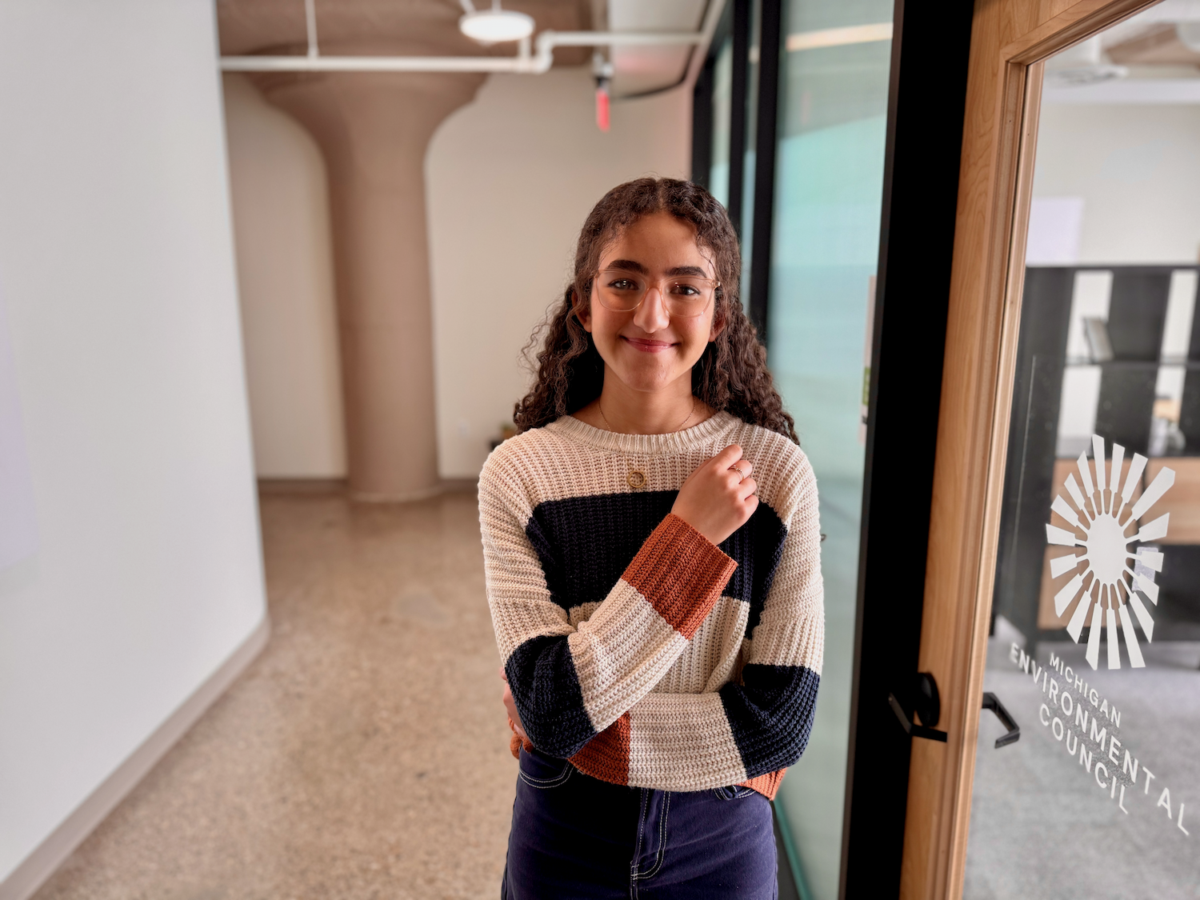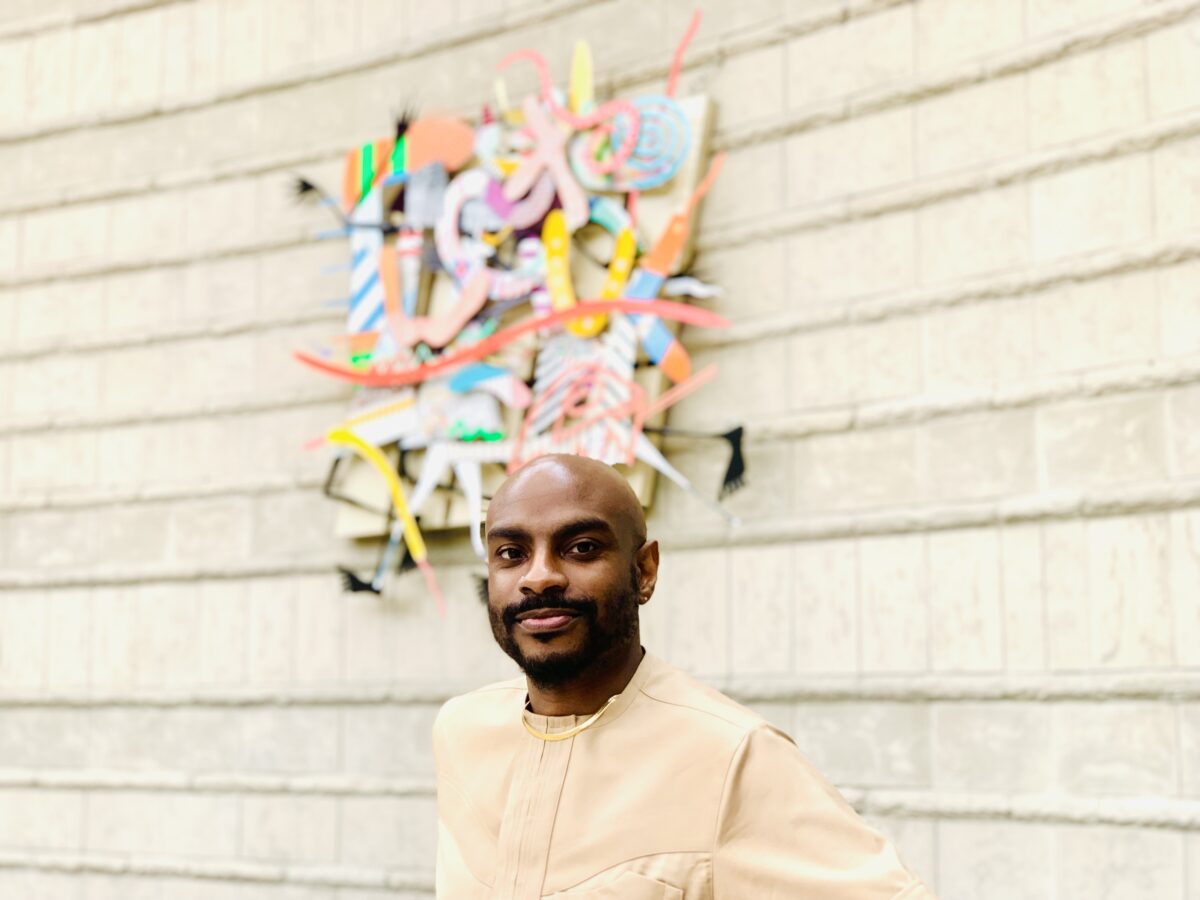Overview:
-Aderonke Ibironke, policy analyst at City of Detroit, leverages her talents in writing and music to champion social causes.
-The 2012 shooting of Trayvon Martin ignited her passion for advocacy.
-"From a very young age, it dawned on me that I had to speak up for myself in order to receive fairness," she says.
This story is published as part of Planet Detroit’s 2025 Spring Neighborhood Reporting Lab, supported by The Kresge Foundation, to train community-based writers in profile writing. This year’s participants will focus on highlighting grassroots leaders driving positive change in Metro Detroit.
Aderonke Ibironke describes herself as an all around creative focused on telling important stories. Born and raised in Detroit’s Morningside neighborhood, she says the 2012 shooting death of Trayvon Martin and eventual not guilty verdict for gunman George Zimmerman shook her view of the world.
“Racism had been this thing that we learned about, but we never saw it play out on this level,” she says, describing the moment as “what helped to fan the flames” of her desire to advocate for others and the fusion of her creative and professional sides.
This interview has been edited for clarity and brevity.
OK, before we begin, thank you for the spelling of your full name and the help with pronunciation; what is the origin?
It’s Nigerian.
So tell me a little about yourself. Are you Nigerian?
I am. I was born and raised in the city of Detroit, on the east side. I moved away for school, came back after the pandemic and I’ve been here ever since. I would describe myself as an all around creative but that’s just one part; there’s also the social advocate piece of me, and I’m learning how to combine those two things to spread important messages.
Can you share with me what you do as a creative?
My main outlets right now are writing and music. I’ve been into music since I was a very little girl. I did choir growing up, and after taking a step back from singing while finishing college and post grad, I found my way back to musical theater just last year in a production of “Sunset Boulevard” at Stagecrafters Theatre.
And how about the social advocacy piece — is there a specific focus in the advocacy?
It’s about just helping elevate as many people as I can in various ways, and that means overcoming systemic barriers or anything that they find holds them back. For me right now, working for the city, my social advocacy revolves around helping individuals stay connected and identifying resources that can help them move past whatever challenges they are facing.
So this is what you do in your formal job?
Yes, I’m a policy analyst for the City of Detroit, District Six.
Am I correct in assuming that this is what you studied in school?
Yes, I studied public administration with a concentration on public policy at Louisiana State University.
Where did your inspiration come from to do this kind of work?
That’s a really good question. I think, from a very young age, it dawned on me that I had to speak up for myself in order to receive fairness. I wanted to speak up about things. I developed those skills more in high school when I was actually part of debate teams, and that was my first time advocating for specific issues and policies and things like that. And it just lit a fire in me.
Did you have any activist experiences while you were in college or was that time confined to academics?
When I was in college, the Trayvon Martin tragedy happened. And for me and all of my peers, it was the first in-your-face example of what racism looks like. It was very shifting in my mind and I think that’s what helped to fan the flames of wanting to be in a position to assist, advocate, and speak to these kinds of situations. It was a very clear injustice, and everybody knew it, but justice was not delivered.
When we compare coverage by the mainstream and alternative media of Trayvon Martin and, for example, the Ferguson riots around the same time, the juxtaposition of what was and was not covered is fascinating.
Yeah, and even if that information is clear as day and reported, what is the narrative around it? You know? Because, how is it presented?
So is that where the creative aspect comes in? It seems like we’re always dealing with a frame, right?
What’s interesting is I never saw my creative and advocate sides connecting when I was young. I just knew I had this interest in arts, of course, and I knew I had this other interest in law and policy. But now I have a master’s degree in public policy, so I would ask myself, what does this look like professionally? How does advocacy look in a position? But as I’ve grown I’ve just come to a better understanding of my full self; I understand how my creative side works together with my advocate side in my job. It’s the same message, just two different vehicles.
MORE FROM THE NEIGHBORHOOD REPORTING LAB
Brightmoor resident cultivates change through community agriculture. Carole Hawke-Diop shares her Detroit story.
Carole Hawke-Diop has spent two decades fostering connections in Detroit’s Brightmoor. Meet Planet Detroit’s 2025 Neighborhood Reporters in this Q&A series, written by Neighborhood Reporters.
Michigan teen shares environmental advocacy journey. ‘Toxic Tour’ of Southwest Detroit sparked her interest.
This story is published as part of Planet Detroit’s 2025 Spring Neighborhood Reporting Lab, supported by The Kresge Foundation, to train community-based writers in profile writing. This year’s participants will focus on highlighting grassroots leaders driving positive change in Metro Detroit. Yara Reda is a senior at Dearborn High School, a proud Arab American who…
Tommie Obioha grew up in a bicultural Detroit household. His journey led to community development and journalism.
Tommie Obioha, a first-generation Nigerian American, leverages his community development work to empower Detroit residents. Meet Planet Detroit’s 2025 Neighborhood Reporters in this Q&A series, written by Neighborhood Reporters.





